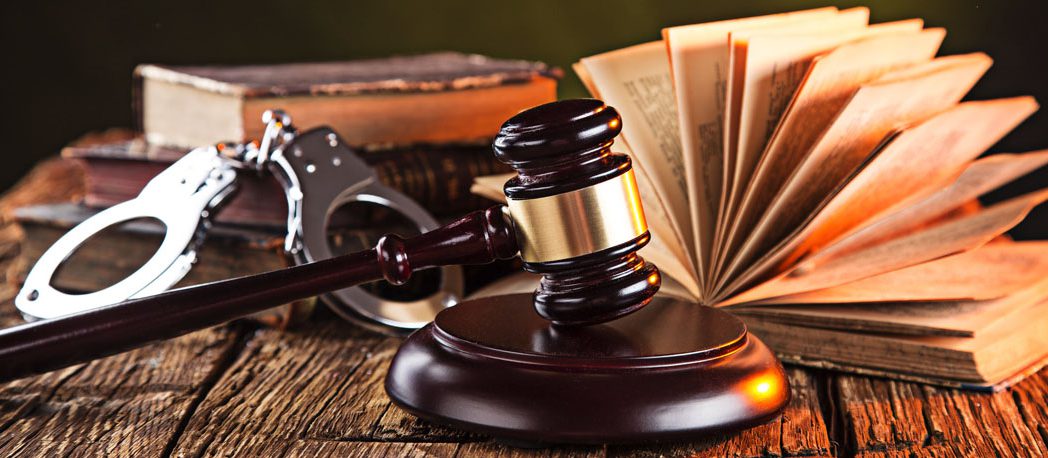The U.S. Supreme Court agreed on June 28 to take up its ultra-modern in an extended-jogging series of cases interpreting a difficult-on-crime federal sentencing regulation. Much of the high court’s current battles concerning the Armed Career Criminal Act—a 3-strikes law implementing 15-year mandatory minimums for gun convicts with three prior convictions for violent felonies or extreme drug offenses—involved interpretation of what earlier kingdom convictions qualify as violent felonies.
But now, the justices will observe the final drug offense part; criminal regulation, also called penal statute, is a period used to refer to distinctive rule bodies in distinct jurisdictions. One common feature of those rule bodies is the propensity for unusual and extreme judgments as punishments for failing to conform. Criminal punishment, which relies upon the jurisdiction and offense dedicated, can consist of losing one’s liberty, fines, government supervision, probation or parole, and even execution. A legal professional seeks to protect the accused individuals in such situations.
There are numerous archetypal crimes, along with murder. It is well worth noting the forbidden acts aren’t entirely consistent between awesome criminal codes. However, even in specific laws, the traces can be unclear. This is because civil refractions can also offer upward thrust to crook outcomes. In most instances, it’s for the government that enforces crook regulation. This contrasts civil law, which can be applied by using private parties.

Criminal law is exclusive for two motives: the failure to comply with its policies and the uniquely intense viable consequences. Each offense is created from what may be imposed in various jurisdictions for many excessive batteries. Tangible results may be assessed. However, those effects are forbidden in the maximum elements of the universe. Depending on one’s jurisdiction, people might be in several conditions. Incarceration might be solitary. The confinement duration
will be as short as one day and so long as one’s entire life. Supervision through the authorities might be imposed, including house arrests and confiscating belongings and cash from individuals convicted of offenses. What is more significant is that offenders might be obligated to comply with specialized regulations as a part of the probation and parole regimen. There are five widely ordinary objectives within the enforcement of crook law that a lawyer seeks to defend offenders towards by punishment. These are retribution, incapacitation, deterrence, restitution, and rehabilitation. However, it is worth noting that jurisdictions differ on the subject of the fee on each one.





